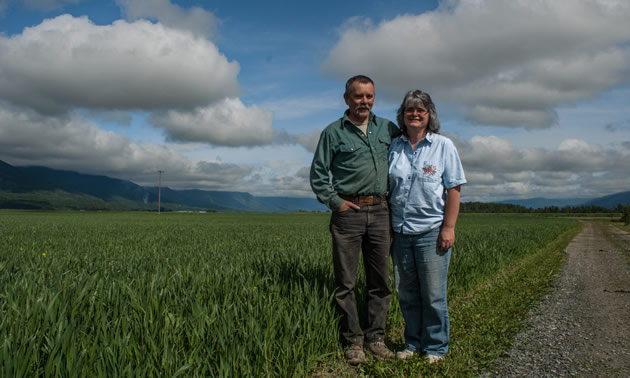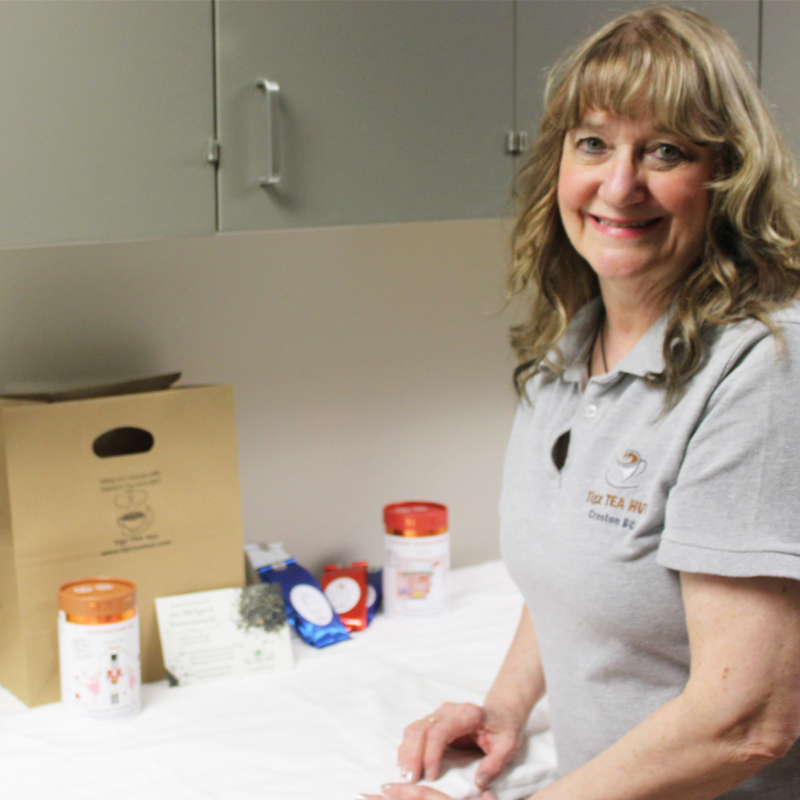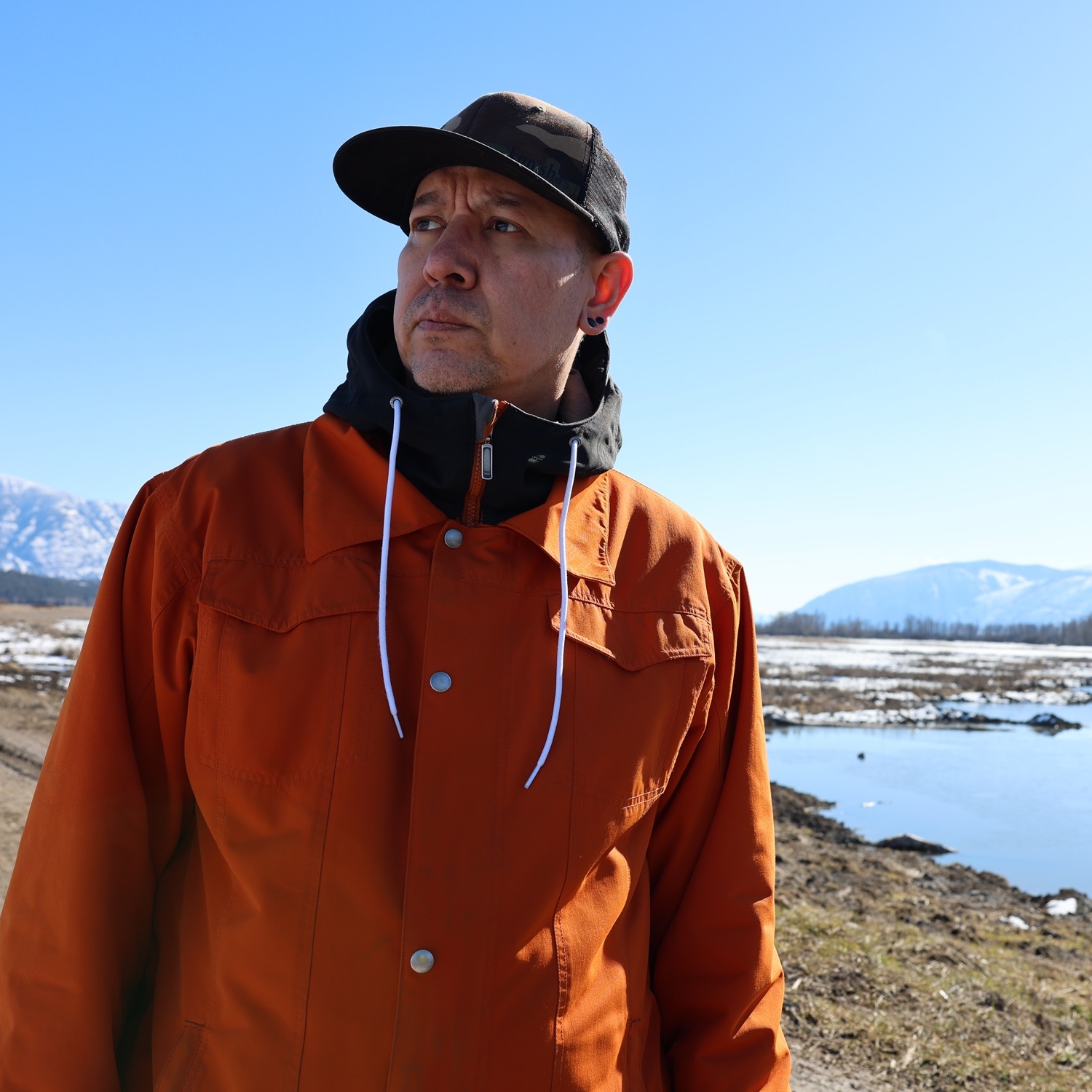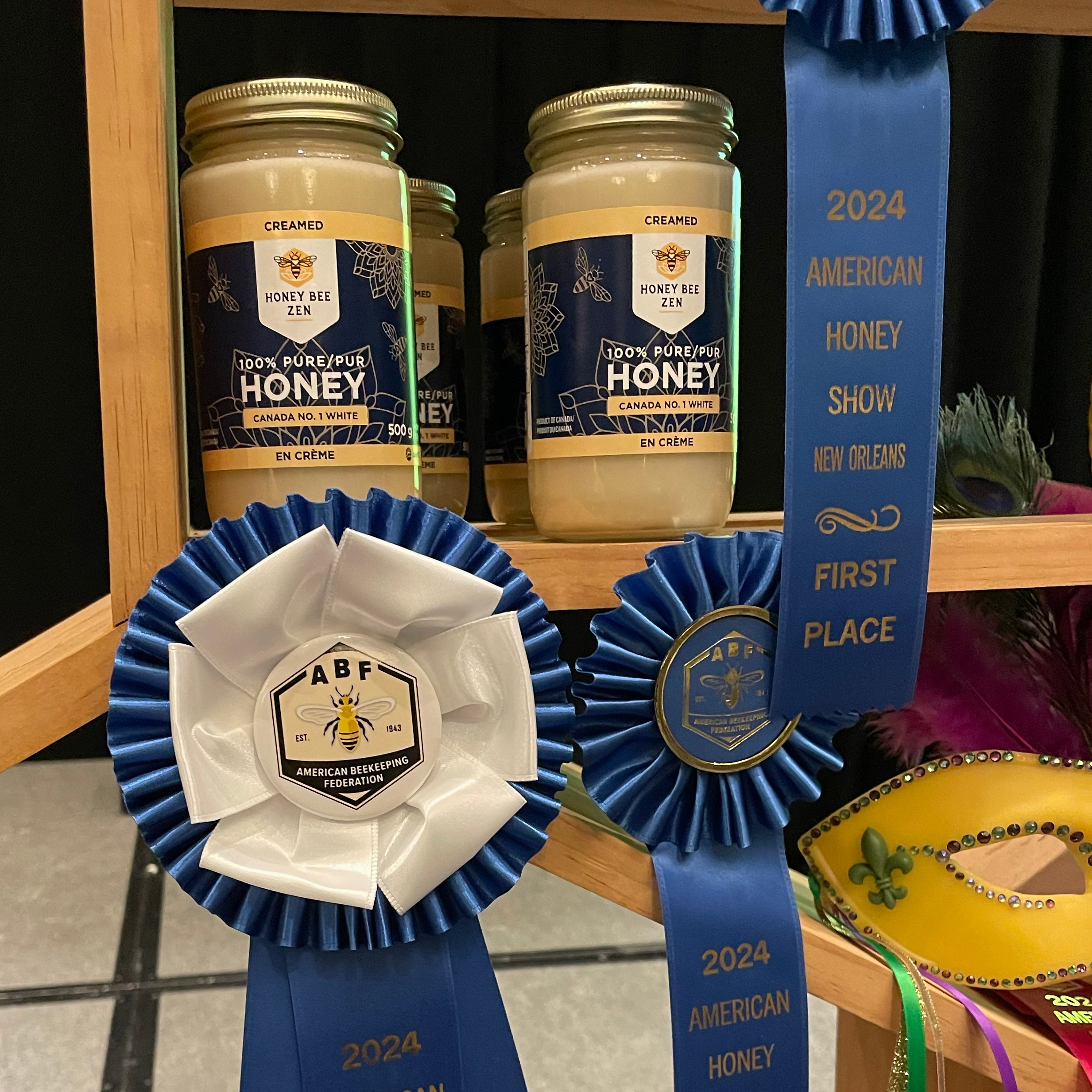Growing for a community
Roy and Sherry Lawrence have been growing crops for a local grain initiative that was a first for Canada

Roy and Sherry Lawrence live right alongside their crops on the Creston Valley flats. — Kristen Mitchell photo
Community-supported agriculture (CSA) is one alternative economic model to traditional commercial farming. On a CSA farm, members commit to financially support a farmer, and sometimes to contribute labour. In return, they receive a share of the farm’s produce throughout the year.
Creston has a Kootenay Grain CSA that is the first of its kind in Canada. As an interest in eating local began to grow in the Kootenays, farmers Roy and Sherry Lawrence were approached to ask if they would be willing to produce grain crops for a CSA.
“At this point, we would rather deal directly with the people, as opposed to trying to sell to a store or do bulk sales,” said Roy. “It’s way more effort, but there's always been a concern with how we’re doing and whether it will be sustainable for us, which has never been a thought in the commercial sense.”
Growing Kootenay grain
The Kootenay Grain CSA differs slightly from more standard CSAs in that members simply purchase a number of full shares or half shares at 100 or 50 pounds. They get to choose from seven varieties of grain, although if one crop fails, as lentils have done in the past, that variety may be substituted with another one of their choice.
All of the couple’s crops are certified organic, meaning they’re an excellent option for anyone concerned about eating locally and avoiding pesticides. Many members of the Kootenay Grain CSA hail from Nelson or Slocan. Each year members have to collect their grain from the Creston Valley flats where the Lawrences live on their farm. However, Roy and Sherry enjoy this aspect of growing directly for a community.
“Actually, meeting the people when they come to pick their shares is really quite enjoyable,” said Roy. “They’re happy to get their grain and they like to look around and say, 'Oh, look at the turkeys.' That part is very neat.”
“People will ask, 'What is that?' and we’ll say that it’s a combine,” said Sherry. “A lot of people—and we didn’t realize this—a lot of people just don’t know where it comes from and what you even do with it. And then others will come that are older, or they were farmers, and it’s fun listening to their stories—hearing what they did or how they did it. You start to realize how much your little piece connects to another little piece.”
The farmin’ life
The Lawrences have enjoyed watching their ground rejuvenate as they’ve delved into organic farming. Growing for a CSA has added extra labour and a learning curve, however, as they have to clean, label and package their own product.
“Probably the biggest challenge was cleaning the grain,” said Roy. “We inherited an old seed cleaner that was probably made in the late 1930s. It works just fine, but seeing as we’d never run the thing before it was kind of a learning process because it’s almost an art. Little wee adjustments change things quite a bit.”
On 150 acres, the Lawrences would like to regularily manage about 200 shares each year. Learning to use the grain takes time and experimentation, but it’s satisfying to eat a slice of bread made with organic wheat grown in the Kootenays. The Lawrences look forward to continuing to grow and they’re happy to see Kootenay residents think twice about where their food comes from.






Comments